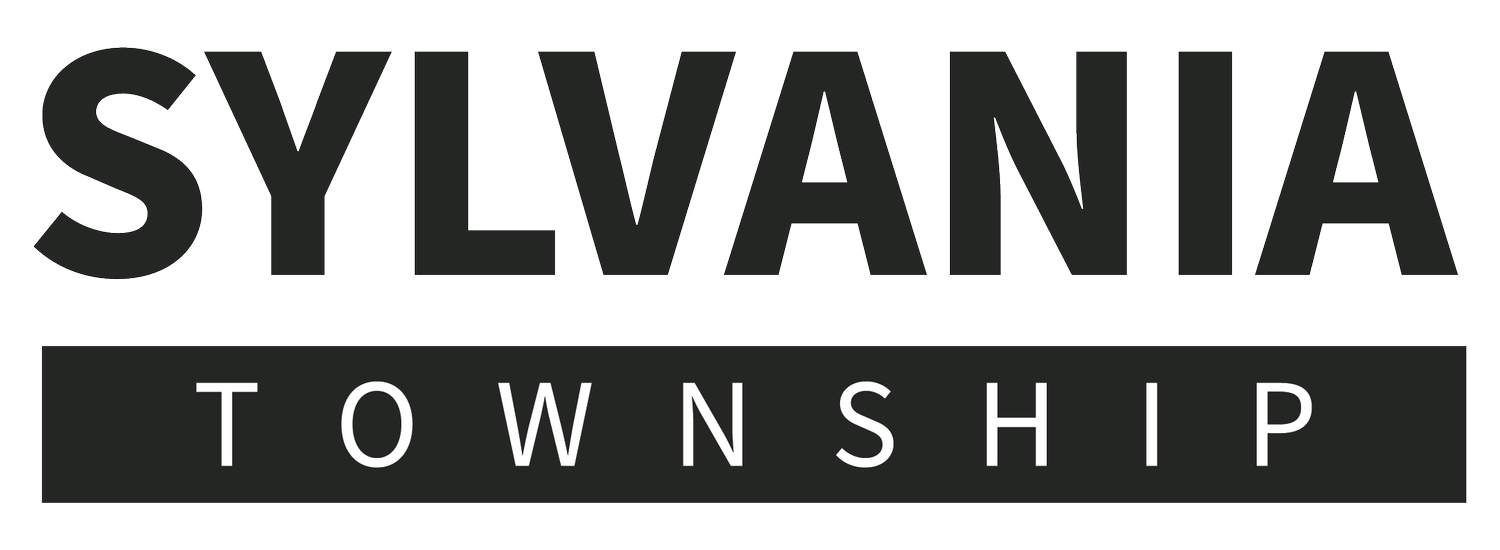Fiscal Department
The township’s fiscal department is responsible for the accounting of all funds which the township receives and pays out. From the township’s payroll to office supplies, the administration of the fiscal department keeps a close eye on township funds, along with the township’s elected fiscal officer. Working with the administrator and other department heads, the fiscal department is responsible for the presentation of the annual budget for approval by the township trustees. It also cautiously invests any available money for additional income. A department philosophy is that consistent small savings township-wide can result in substantial savings in each fiscal year.
Imran Mirza
Acct. & Budget Supervisor
-
Imran is a CPA specializing in Governmental Accounting. He earned his BBA from Indiana University, located in Fort Wayne. Throughout his 31-year career, Imran has mostly worked as Audit Manager for the Auditor of State Office. He has vast experience in auditing all different types of entities such as cities, counties, townships, schools, and villages, which entails giving a fair opinion on financial statements and closely examining the entity’s compliance with ORC laws especially related to Investments, Debt, and Budgetary functions. He is a Springfield Township resident.
Vicki Alspach
Senior Fiscal Coordinator & Analyst
-
Vicki has been employed with the Township since October 16, 1989. In her current position as financial Analyst, she works with the Accounting & Budget Director and the Fiscal Officer to monitor the Township’s revenue and expense accounts, processes requisitions and purchase orders, and helps to oversee that financial compliance requirements are followed for grants that are awarded to the Township. She is also responsible for the monthly and yearly reconciliation of the Township’s accounting system and bank statements as well as serves as the back-up for accounts payable and payroll.
Ruth Hyma
Staff Accountant
Alyssa Garza
AP/Support Specialist
2025 Annual Budget
Revenues for the Township come mainly from Property Taxes on Real Property. Property Taxes are collected from Sylvania Township and the City of Sylvania for the General Fund and Fire Fund while Property Taxes for the Road & Bridge Fund and Police Fund are collected only from the Sylvania Township Residents. Other revenues consist of fees charged by the various departments, Gasoline & Motor Vehicle License Taxes collected by the State and then forwarded to the Township as well as Local Governmental Monies distributed by the State to the Township.
The Sylvania Township Operating Budget has been broken down by year and into 24 different categories. Click on the year and report you would like to view and it will open in a new window.
Sylvania Township Audit
Fund
Information
-
The General Fund is used to account for all financial resources other than what is restricted to be accounted for in another fund. The General Fund is the only fund that can be used for any purpose provided that expenses and transfers are followed according to the laws prescribed by the State of Ohio. Unlike the other three major funds, property tax revenue represents about 27% of the estimated revenue to be received for this fund. Other sources of revenue include cable franchise fees, inheritance/estate taxes and intergovernmental funding that is allocated from the State of Ohio and Lucas County for operational uses. There are fees and misc revenue that are receipted into the General Fund but they are minimal and vary from year to year.
-
The Road and Bridge Fund is used to account for the resources that are restricted for the purpose of construction, repair and maintenance of roads, storm sewers and ditches located within the township as well as the operational expenses of this department. Property taxes represent 96% of the estimated revenue to be received for this fund. There are fees and misc revenue that are receipted into the Road & Bridge Fund but they are minimal and vary from year to year. The Road Department has access to other revenue sources that can be used for specific purposes such as to repair, maintain and construct the roadways; this revenue is accounted for in three separate funds; The Motor Vehicle License Tax Fund, The Gasoline Tax Fund and The Permissive Motor Vehicle License Tax Fund. Operational expenses are not allowed to be expended from these funds. The motor vehicle license tax and permissive motor vehicle license tax revenue are derived from various fees imposed by the state upon owners of motor vehicles. The revenue received from these fees are collected and credited to the state’s auto registration distribution fund. The state creates an account for each county and district of registration, including townships from which various defined percentages are distributed to the local governments based on the percentage of the total number of miles of road that are located within their jurisdiction, which they maintain. The proceeds from both taxes must be used for highways, roads, streets and bridges. The proceeds from the gasoline tax are received from the County. Currently there is a twenty-eight cent per gallon tax on motor vehicle fuel. The twenty-eight cents is derived from five different levies that have been enacted over the years. Townships receive 1.9 cents or 6.8% of these proceeds. Distributions are made from the Ohio Department of Taxation to the County. The county then pays the townships according to the number of miles of roadway in each jurisdiction. These proceeds are restricted by the Ohio Constitution and state law and can only be used to construct, repair and maintain public roads as well.
-
The Police fund is used to account for resources that are restricted for the purpose of law enforcement and public safety related expenses. Property taxes represent 97% of the estimated revenue to be collected for this fund. Other sources of revenue include intergovernmental funding that is allocated from the State of Ohio and Lucas County for operational uses. There are fees and misc revenue that are receipted into the Police Fund but they are minimal and vary from year to year. The Police Department also has access to four other funds in which they receive revenue that can be used to purchase items such as equipment and supplies. One fund is used to account for grants and donations: this revenue is used for various expenses such as reimbursement to the department for salaries of DARE Officers, it enables them to purchase educational items for DARE, Safety Township and the Safety Belt Program that are taught in our elementary and junior high schools. The other three funds consist of the Drug Law Enforcement Fund, the Law Enforcement Trust Fund and the Federal Law Enforcement Trust Fund. Revenue received in these funds are not used for operational expenses, the allowable uses are restricted by state or federal law. The revenue received in the Drug Law Enforcement Fund comes from a percentage of drug related fines collected from cases that are heard in the Sylvania Municipal Court. The revenue received in the Law Enforcement Trust and the Federal Law Enforcement Funds are based on a percentage of proceeds from seized and forfeited property that were acquired in drug related arrests that are heard in state or federal court. The township receives this money because we have officers that are assigned to a special task force outside of our jurisdiction.
-
The Fire Fund is used to account for resources that are restricted for the purpose Fire protection and emergency services. Property taxes represent 86% of the estimated revenue to be collected for this fund. Other sources of revenue include intergovernmental funding that is allocated from the State of Ohio and Lucas County for operational uses. There are fees and misc revenue that are receipted into the Fire Fund but they are minimal and vary from year to year. The only other source of funding available to the Fire Department is their grants and donations which are accounted for in a separate fund. This revenue is used for various expenses such as tools, equipment, and medical supplies and enables them to purchase awareness and educational items for various fire safety programs that are taught in our elementary and junior high schools and throughout our community. The allowable uses for the grants are restricted by state and federal laws.

Sylvania Township Alerts
Create an account on the Lucas County Alerts page and opt-in to receive Sylvania Township notifications.





